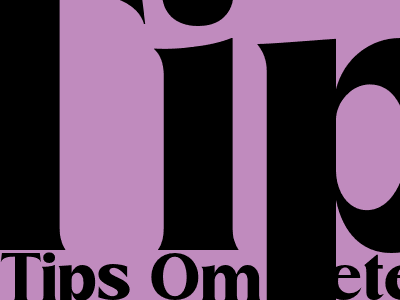Sleep Better Tonight: Tried-and-Tested Strategies for Insomniacs
Say Goodbye to Restless Nights:
Night after night struggling to catch a good night's rest? You're not alone. Insomnia affects millions around the globe, but there's hope! From simple lifestyle tweaks to expert-recommended techniques, discover proven tips to turn your sleepless nights into blissful slumber.
Sleep Hygiene 101:
The foundation of quality sleep is a solid sleep hygiene routine like a consistent sleep-wake cycle, even on weekends. Set a relaxing bedtime and stick to it. This helps regulate your body's natural sleep-wake patterns.
Create a sleep-conducive environment by making your bedroom dark, quiet, and cool. Invest in room-darkening curtains, a white noise machine, or earplugs to minimize distractions.
Unplug and Relax:
In the hours leading up to bed, gradually unwind and avoid stimulating activities. Shut off screens, including your phone and TV. These devices emit blue light, which can interfere with melatonin production, a hormone that promotes sleep.
Engage in calming activities like reading a book, taking a warm bath, or listening to soothing music. These activities help to relax your mind and body, preparing them for sleep.
Diet and Exercise:
What you eat and when you exercise can significantly impact your sleep. Avoid heavy meals and caffeine before bed. Alcohol consumption may provide a false sense of drowsiness but can disrupt your sleep later on.
Regular exercise can improve your overall sleep quality, but avoid exercising excessively close to bedtime. Aim for moderate exercise in the morning or afternoon to promote relaxation in the evening.
Cognitive Behavioral Therapy (CBT):
CBT is a highly effective therapy for insomnia. It focuses on changing negative thoughts and behaviors that perpetuate sleep problems. A therapist can help you identify these patterns and develop strategies to overcome them.
CBT techniques include relaxation training, cognitive restructuring, and sleep restriction. Relaxation techniques, such as deep breathing and meditation, help calm your body and mind. Cognitive restructuring involves challenging and reframing negative thoughts that fuel anxiety and insomnia.
Prescription and Non-Prescription Sleep Aids:
In some cases, prescription sleep aids may be necessary to manage severe insomnia. Over-the-counter sleep aids, such as melatonin and antihistamines, can also provide temporary relief. Consult a healthcare professional to determine the best option for your specific needs.

Komentar